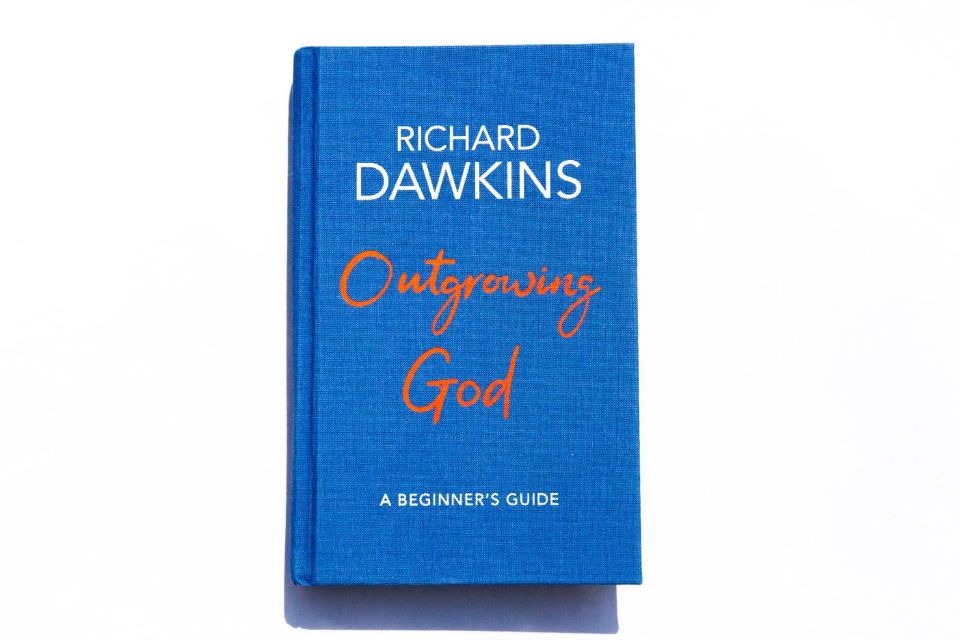Escaping from a system of thought
Reaching a safe place like the Netherlands was one thing, going through a bureaucratic maelstrom of refugee centres and admission interviews was something else. Two and a half years have passed, with various moves from one shelter to another.The situation of living in a refugee centre has been very hard for Amir. But one thing he could do freely here in the Netherlands, was express himself. In Iran, he developed a hobby for translating books and articles, some considered illegal in Iran, from English to Persian. But he turned this hobby into a free public-access blog once he was able to in the Netherlands.
Amir can vividly remember the struggles he faced when translating this book. For someone who is used to living and working in silence, the refugee centre was not a suitable place for reading and translating. But more worrisome to him was the fact that he was confronted with the exact thing he ran from in Iran. At one of the centres, he shared a room with three others, one of who was Muslim. One evening, Amir was working on his translation with a glass of wine, while simultaneously his roommate was about to say prayer. His roommate took offence to Amir drinking in his vicinity, as it was not allowed for him to say prayer with alcohol in the same room. Even after fleeing from a country that was oppressive towards his ideas, he was still experiencing this systematic oppression in the refugee centre. The belief system that Amir tried to evade became even more apparent almost every time he was at a new refugee centre and met other refugees in a new room. “Once I introduced myself and said I came from Iran, the question that followed was that of religion: was I a Muslim or not? And if not, what religion did I follow? It was a constant game of labelling the other.”
Amir stresses how hard it is to have fled from a type of oppressive thinking and to be faced with the exact same thing in the country that is supposedly your place of refuge. As an atheist, Amir felt lost at the refugee centres, sometimes having to share a room with people holding extremist beliefs who detested everything he stands for. Still, despite the situation Amir is very glad that he was able to finish many translations and articles. “That was a test of who I am, and what I am able to do. Even though I was once again faced with the system I ran from, I didn’t let it get in the way of my freedom to finally express myself.”
